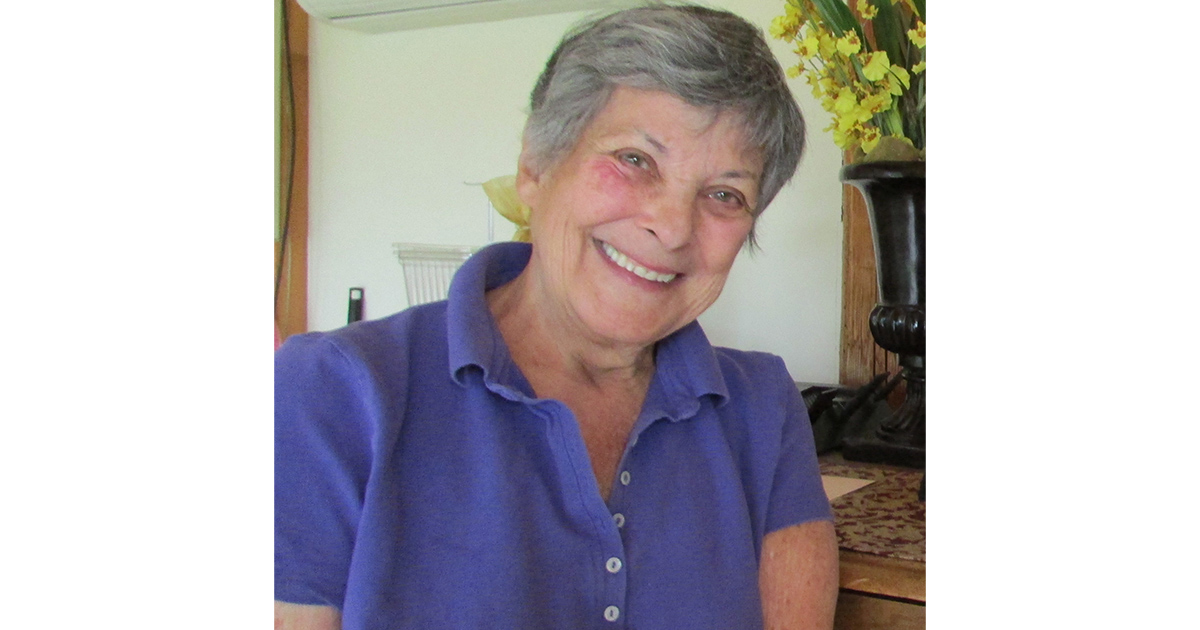For me, nothing is more vacuous than talk without action. European vulnerability to energy shortages and interest rate hikes? Western sanctions to put Russia on its knees? Supply chain problems now leading to protectionism? Energy dislocation, financial dislocation, and trade and investment dislocation. All are changing the way the world economy works. All are issues we ordinary mortals must try to understand, so we know which of our political representatives are talking nonsense. Dealing with the frustration of not being able to fix things is what gives me heartburn.
So I turn to things closer to home, where talk can lead to action and action can make us better off, emotionally and financially.
What better place to start than where we live? Shelter, whether rented or owned, is the most important of the eight major components in the Consumer Price Index (CPI) — it represents more than a quarter of our spending on goods and services. An average Canadian household with an average after-tax income of $67,000 spends more than $17,000 a year on the roof over their heads. Inspection time now, not in January when it’s minus 15 and the hot water tank has sprung a leak.
There are dozens of checklists online for getting your home ready for winter. Go there for the real deal. The main things to check are your heating sources—furnace filters, ceiling fans, fireplaces. Next is water: turn off the outside taps and drain the system. Check how old your water tank is – change it after 10 years. If you’re a renter, simple things like caulking windows and doors will make you more comfortable, as will asking the landlord for repairs now.
Stock up on winter supplies — antifreeze, windshield wiper fluid, snow shovel. Put together an emergency box for your car: ice scraper, kitty litter, salt, shovel, flashlight, road flares, a blanket and handwarmers just in case you get stuck somewhere. Take your car in for a winter update to check out your tires, filters and battery.
Simple advice, satisfying to accomplish, financially rewarding. Not unlike the saving and investment suggestions I am prone to pass along relentlessly. Morgan Housel said it best: “doing well with money has a little to do with how smart you are and a lot to do with how you behave… We think about money in ways that are too much like physics (with rules and laws) and not enough like psychology (with emotions and nuance). Physics is guided by laws. Finance is guided by people’s behaviors.“
That’s why it’s important to look at your attitudes and your understanding of how the world works before you invest. There’s a lot of evidence that shows that people make investment decisions based on experiences they had early in their adult lives. It’s important to validate whether the world of today mirrors the world in which those early lessons were learned.
Just as a simple example, in the early 1990s interest rates averaged more than 10 per cent. In 2010 and until very recently, they have averaged less than 2 per cent. Thinking back to your personal goals and the investment options open to you, did you load up on fixed income in the 1990s or did you borrow at those rates? What should you be doing today?
In keeping with the theme of “simple things”, I suggest a couple of ideas: one is that growing your assets has less to do with your income and more to do with your saving rate. Another is that the massive ups and down of the stock market are the price of admission to good investment returns. Final for this week: time is the most powerful force in investing – think long term.
Dian Cohen, C.M., O.M., economist
cohendian560@gmail.com
Simple things
By Dian Cohen






